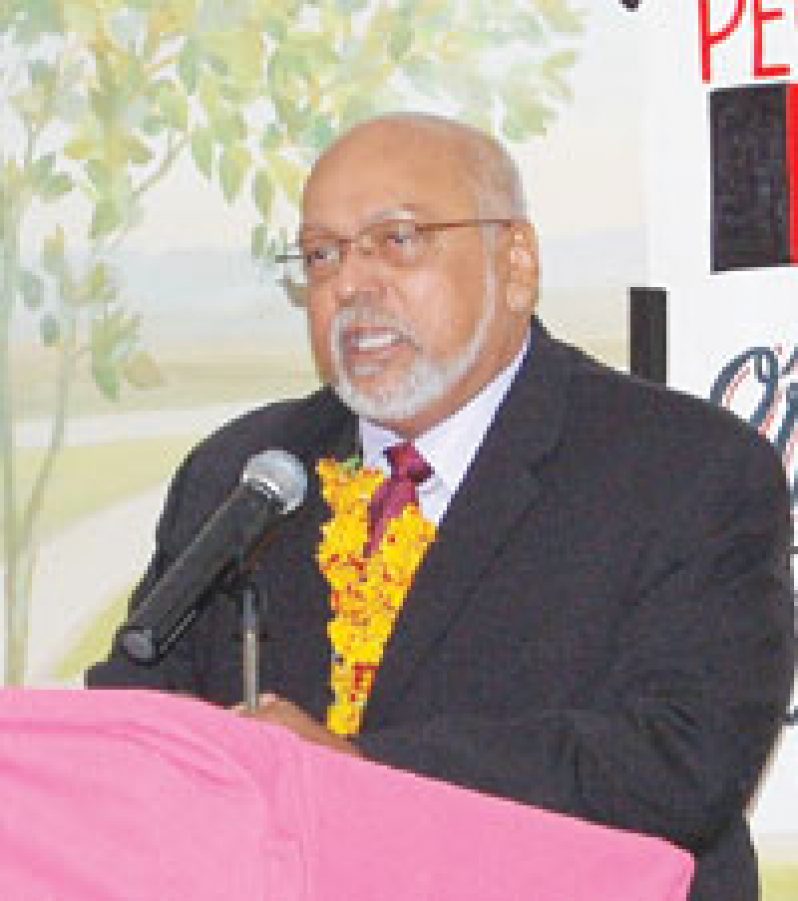*Jamaica’s regional trade deficit
*T&T’s ‘half-access’ to CCJ
*Dealing with LIAT’s challenges
CARIBBEAN Community Heads of Government today begin their 33rd annual summit in Castries, St. Lucia against the backdrop of two surprising developments of deep concern and involving two founding member countries—Jamaica and Trinidad and Tobago.  A third area of mounting concern is the LIAT factor in regional air transportation.
A third area of mounting concern is the LIAT factor in regional air transportation.
In the case of Jamaica, Secretary General, Irwin La Rocque has found it necessary to publicly state his “conviction” that there was “no threat” of that major partner state cutting ties with the regional economic integration.
La Rocque’s assurance followed his recent pre-summit interactions in Kingston, including with government and opposition representatives.
The discussions were focused on recurring complaints and expressions of disillusionment by some leading politicians and business representatives over the country’s widening deficit trade gap with CARICOM, and Trinidad and Tobago in particular—now estimated at US$957 million.
The surprise involving Trinidad and Tobago – whose Prime Minister, Kamla Persad-Bissessar, would be expected to come forward with specific assurances to deal with Jamaica’s worrying trade deficit—is of a different nature.
It has to do with her People’s Partnership Government’s bid to secure partial access to the Port-of-Spain-based Caribbean Court of Justice (CCJ) as its final appellate institution on criminal matters.
The government’s intention is to finally cut the colonial links with the Privy Council in London and access the CCJ as its appellate court of last resort on all matters
 —constitutional, criminal and civil.
—constitutional, criminal and civil.
To facilitate this unprecedented development, against the background of a quarter century of discourses, academic and political, and some ten years of active planning and arrangements during which the CCJ was finally inaugurated in 2005, an amendment is necessary to the Revised Treaty of CARICOM.
Having, like Jamaica in particular, lost many of its death penalty for murder appeals before the Privy Council, Trinidad and Tobago has opted for a two-phased access to the CCJ as its court of last resort, starting with recognition of its jurisdiction on criminal matters.
MAJORITY SUPPORT?
Prime Minister Persad-Bissessar and her Attorney General, Anand Ramlogan, went on a lobbying initiative to win support among Community partners for an amendment to the Revised CARICOM Treaty to facilitate the government’s quest for a two-phased approach to access the CCJ as its court of last resort and delink from the Privy Council.
Latest unofficial signal points to a likely majority support for T&T’s staggered approach for accessing the CCJ as its final court, based on the draft amendment to the Community Treaty.
However, among countries with lingering reservations over sanctioning this approach by T&T would be those that fully parted company with the Privy Council in favour of accessing the jurisdiction of the CCJ (like Barbados, Guyana and Belize) as well as a few within the OECS currently moving to cut links with the Privy Council (for example, Jamaica and Dominica).
The sensitive issues of Jamaica’s serious problems with CARICOM over expanding trade deficits, and T&T’s bid to access the CCJ’s jurisdiction only on criminal matters, will have to compete for time at plenary and/or caucus sessions on other vital matters of current interest.
These would certainly include regional air transport and specifically, new approaches to widen support for the valuable intra-regional service being provided, on a daily basis for 56 years, by LIAT. Currently, while some governments within the Eastern Caribbean continue to offer subsidies to foreign airlines, the primary faithful shareholders remain Barbados, St. Vincent and the Grenadines and Antigua and Barbuda. Latest positive signal of financial support for LIAT is that from Dominica and St. Lucia.
Currently, while some governments within the Eastern Caribbean continue to offer subsidies to foreign airlines, the primary faithful shareholders remain Barbados, St. Vincent and the Grenadines and Antigua and Barbuda. Latest positive signal of financial support for LIAT is that from Dominica and St. Lucia.
Long postponed is a serious full-scale discussion on regional air transportation focused on the importance of keeping LIAT in the air as the carrier that keeps doing what NO other airline does on a daily basis.
Operating with a fleet of 16 aircraft–most in need of replacements—it’s difficult to contemplate the resulting consequences for intra-regional movement of CARICOM citizens, foreign tourists and other visitors, without LIAT in the absence of a new ownership structure involving the Community’s governments and private sector and also foreign investors.












